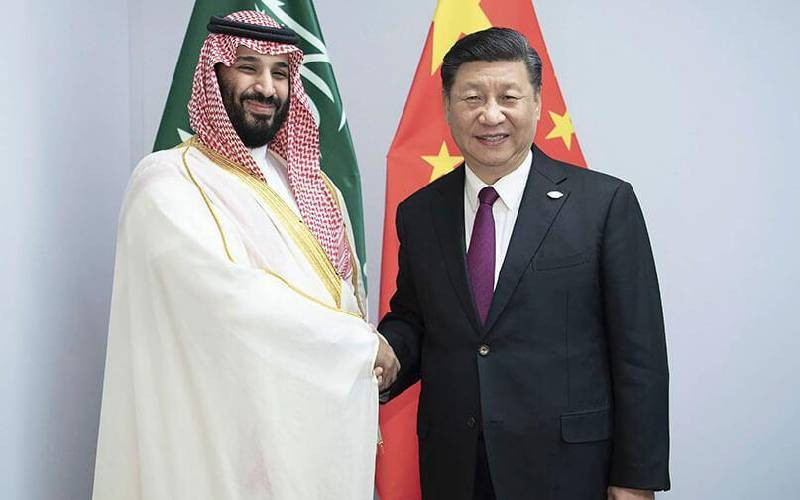×
The Standard e-Paper
Kenya’s Boldest Voice

Going by Chinese overtures toward the Middle East and North Africa (MENA) countries in recent years, the region seems to be becoming the latest fixation for China.
These include many high-profile visits and signing agreements with several of these countries during 2022. The endeavors make it clear that the region has become the next focus for Chinese ambitions.